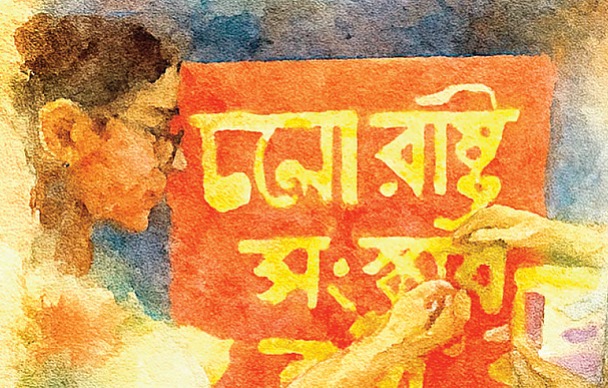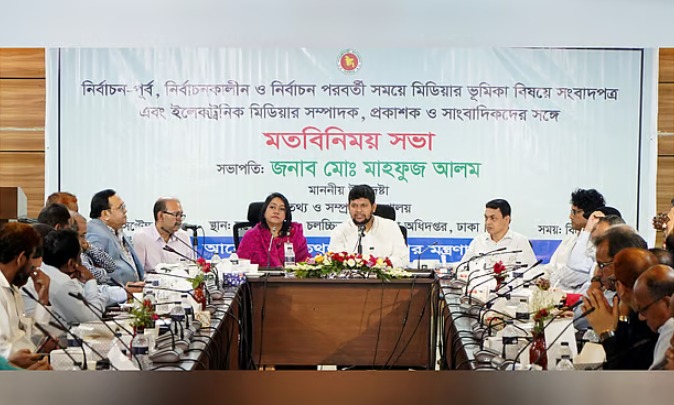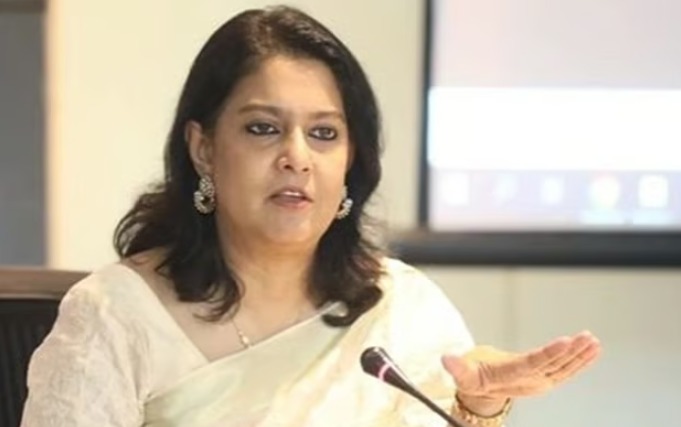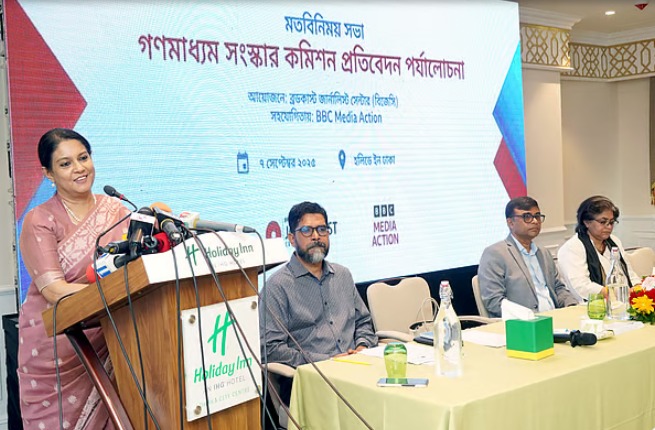Desk Report,
To what extent have the expectations of the mass uprising been fulfilled in one year?
The main aspiration of the mass uprising of 24 was the fall of dictator Sheikh Hasina. But this was not the only expectation of the millions of students who took to the streets. Although there was no written manifesto of the mass uprising, the expectations were expressed in the processions, slogans, speeches, and wall writings.
To what extent have the expectations of the mass uprising been fulfilled in one year?
Some of the wall writings and slogans are, ‘Bangladesh without discrimination’, ‘Reforms are underway’, ‘We will build a government without discrimination’, ‘There is no discrimination between boys and girls, everyone’s identity as a human being’, ‘Let religious discrimination end’, ‘From plains to mountains, this time freedom for everyone’, ‘Increase the salary of tea workers’, ‘Even the son of a rickshaw puller dreams of becoming the prime minister’, ‘Not a state system of the elites, but a state system of the masses’, ‘Delhi not Dhaka, Dhaka Dhaka’ etc.
Through these wall writings, the desire to be free from all forms of discrimination based on race, religion, gender, class, etc. was embodied. There were demands for change not only for individuals, but for the entire system. To what extent have those expectations been fulfilled after a year of the mass uprising? The main responsibility of the interim government formed through the uprising was to prepare a list of those killed in the mass uprising, treat and rehabilitate the injured; prosecute the massacre of students and the public, make necessary structural reforms to change the existing system, and organize fair elections. Of these, a list of 836 martyrs in the mass uprising has been prepared, but the question remains whether it is complete and error-free. 75 July fighters have been sent abroad for treatment. However, there are widespread complaints about the treatment and rehabilitation of the injured. The injured often had to take to the streets for various demands.
As part of the change in the system, the interim government formed a total of 11 commissions and several task forces and committees. Among them, the National Consensus Commission has concluded discussions with political parties on the implementation of 166 proposals of the Constitution, Electoral System, Judiciary, Anti-Corruption Commission and Public Administration Reform Commission. While some of them are considered fundamental reforms, the implementation of the recommendations of the remaining commissions such as health, labor, women, media, etc. is not under discussion.
The issues on which consensus was reached in the discussions of the Consensus Commission include the chairmanship of parliamentary committees, delimitation of constituencies, provisions related to presidential pardons, declaration of a state of emergency, the term of the Prime Minister, fundamental rights and expansion of citizens, decentralization of the judiciary, formation of a police commission and elections for the post of President.
The issues on which decisions were made with dissent include the amendment of Article 70 of the Constitution, the provision for the Prime Minister to hold multiple positions, provisions for appointments to constitutional institutions, women’s representation in parliament, formation of a bicameral parliament, election and power in the upper house through the PR system, powers and responsibilities of the President, outline of the caretaker government, principles of the state and appointment of the Chief Justice. How these decisions will be implemented is yet to be decided.
On the other hand, there is no sign of implementation of reforms that do not require much political consensus, such as making the police and public administration free from bribery and corruption. Not only has the bureaucracy not become people-friendly, but the government itself has become bureaucracy-friendly. Since the formation of the interim government, there have been a lot of transfers and promotions in various posts in the administration. Special benefits have been announced in the budget. A salary commission has been formed to determine a new salary structure for government officials and employees amid a huge deficit in revenue.
Before the recommendations of the Electoral Reform Commission, the Election Commission was formed on the recommendation of some political parties, and questions have been raised about its impartiality. There are also allegations of bias against the government towards the NCP, a party formed from the student leadership of the coup. The office of the chief advisor was tolerant towards the NCP in the movement around the Jamuna, but the police were seen to be brutal in the movement of professionals and laborers such as teachers, rural electricity workers, IT workers, garment workers, etc. Although various institutional reforms have been taken, no reform initiatives have been seen to ensure democratization and financial transparency in the political parties on which the implementation of these reforms will depend, the political parties on which these reforms will depend, and the implementation of these reforms.
Due to the increase in remittances and foreign debt and the lack of increase in imports, the foreign exchange balance has turned into a surplus, and foreign exchange reserves have increased. Inflation has decreased slightly compared to last year, although it is higher than the rate of wage growth. However, amid political uncertainty and the deterioration of the law and order situation, the economy has slowed down, employment has decreased due to investment stagnation, and the number of poor people has increased. Despite the increase in poverty, the sale and supply of food products at subsidized prices has decreased.
The government has issued the Bank Resolution Ordinance to increase the authority of Bangladesh Bank over the country’s banking sector. The boards of directors of various banks have also been restructured to make the banking sector corruption-free. The real picture of defaulted loans in the banking sector is emerging, although there has been no progress in recovering defaulted loans, and the responsible bank officials and customers have not been punished. On the contrary, a committee has been formed to reschedule defaulted loans. Bangladesh Bank is supporting weak banks by printing money as before. There is no progress in bringing back money laundered abroad.
The influence of foreign organizations including the World Bank and IMF on the country’s economy has not decreased. The country’s budget, monetary policy and fiscal policy bear the imprint of IMF conditions. There has been no change in the budget structure. As always, the indirect tax-based budget includes education, health, and social security.




